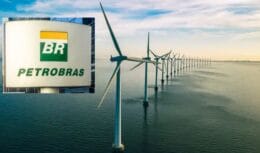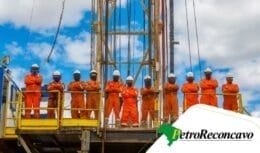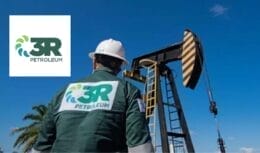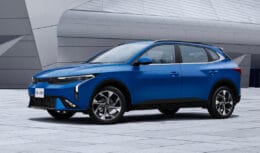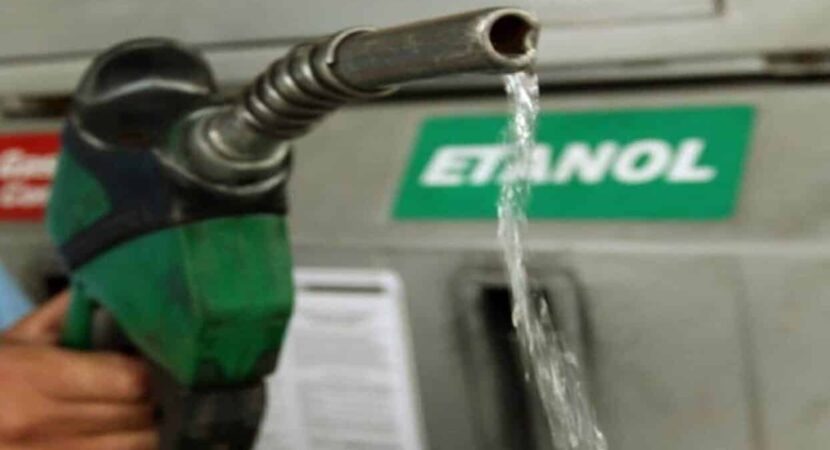
Direct sale of ethanol from plants is approved by the CCJ and promises to stimulate competition and curb the increase in gasoline prices at gas stations
With the price of gasoline rising frequently, ethanol has become an alternative for drivers looking to save on fueling their vehicle. From the sugarcane mill to the pump, the fuel goes through about 10 processing stages and two types of fuel are produced: hydrous and anhydrous.
Read also
- China challenges Google and builds the world's most powerful quantum computer
- Demand for diesel, gasoline and ethanol increases even as fuel prices soar in Brazil
- Elementary, secondary and higher education job openings are open today (08/07) for work at an ethanol plant
- Gasoline price soars 25,48% in the first half; the fuel has completed 13 months of consecutive increase and it pays to replace it with ethanol
- World's first 3D-printed steel bridge, made of 4500kg of stainless steel, came to revolutionize civil construction, infrastructure and global architecture
- Price of gasoline, diesel and cooking gas at the heights does not prevent Petrobras from increasing fuel prices even more this Tuesday (06/07), which starts with a blow to consumers' pockets
- Audi and Bentley cars from the Volkswagen Group will gain the new Premium Platform Electric (PPE) chassis architecture of the electric Porsche Macan – the luxury car that will lose its powerful gasoline combustion engine
After all, what is anhydrous, hydrated ethanol and alcohol? See the difference between them below:
From the ethanol plant to the gas stations
/i.s3.glbimg.com/v1/AUTH_59edd422c0c84a879bd37670ae4f538a/internal_photos/bs/2021/F/H/Rhx2YcTbCMLPcmvuYVeQ/alcool-tipos-.jpg)
There are about 10 different types of cane planted and the choice of variety is made according to the sugar concentration in the cane, focusing on the production of two products. After being harvested in the field, it is taken to the mills, where more than 18 tons of sugarcane are produced per day.
At the plant, the sugarcane goes through the milling process to produce sugar and ethanol. About 55% of the production is destined to the production of sugar and the remaining 45% to produce ethanol. In total, there are more than 10 different processes and about 36 hours to produce the fuel.
The ethanol consumed by cars is hydrated, which has a composition of 92% alcohol and 8% water. The anhydrous, in turn, goes to the refinery and is part of the gasoline composition. Both fuels are used to fuel vehicles, but in different ways.
Brazil will have a dilemma with electric cars in 2030. What to do with so much ethanol since the country is the world's largest producer of this biofuel?
Brazil, the world's leading ethanol producer, is poised to flood the global sugar market as the country's transition to electric vehicles will reduce demand for agricultural-based biofuels, according to a study led by Soren Jensen, an influential industry executive, along with Mariana Perina Jirousek.
Demand for ethanol in Brazil will likely start to decline in 2030 as electric vehicles become popular, said Soren Jensen, who was once chief operating officer at the world's largest sugar trader, Alvean, and led the study along with Mariana Perina Jirousek. The situation will leave mills in Brazil — the world's largest exporter of sugar — with no option but to produce more sugar instead of ethanol.
The arrival of electric cars in the country represents a setback for the world sugar market. The negative effects of global product surpluses and lower prices will be felt in places like Thailand and India, where the cost of production is higher. It is also a setback for companies like Brazil's biggest ethanol producer, Raízen Energia, and BP, which recently expanded production capacity for the biofuel.
Loyalty to the brand at gas stations will end and the sale of fuel via delivery will be released; measure promises to reduce the price of gasoline by stimulating competition
On July 7, the ANP held Public Hearing No. 07/2021, referring to the draft resolution that changes the regulatory framework for the retail fuel resale activity in Brazil. The agency's idea is to end loyalty to the brand at gas stations and authorize the sale of fuel via delivery. The new measure promises to stimulate competition and the price of a liter of gasoline could be up to 50 cents cheaper, relieving Brazilians' pockets.
Among the topics addressed are: regulatory protection of loyalty to the flag; refueling outside facilities authorized for resale; event of cancellation of operating authorization due to removal of interdiction seal; and how prices are displayed on the panel and metering pumps.
See more information about the proposal on this link. Also access the Public Consultation and Hearing page # 07 / 2021:
Loyalty to the gasoline brand would become a consumer's choice, and not a regulatory obligation that currently gives the ANP the role of overseeing private contracts.

